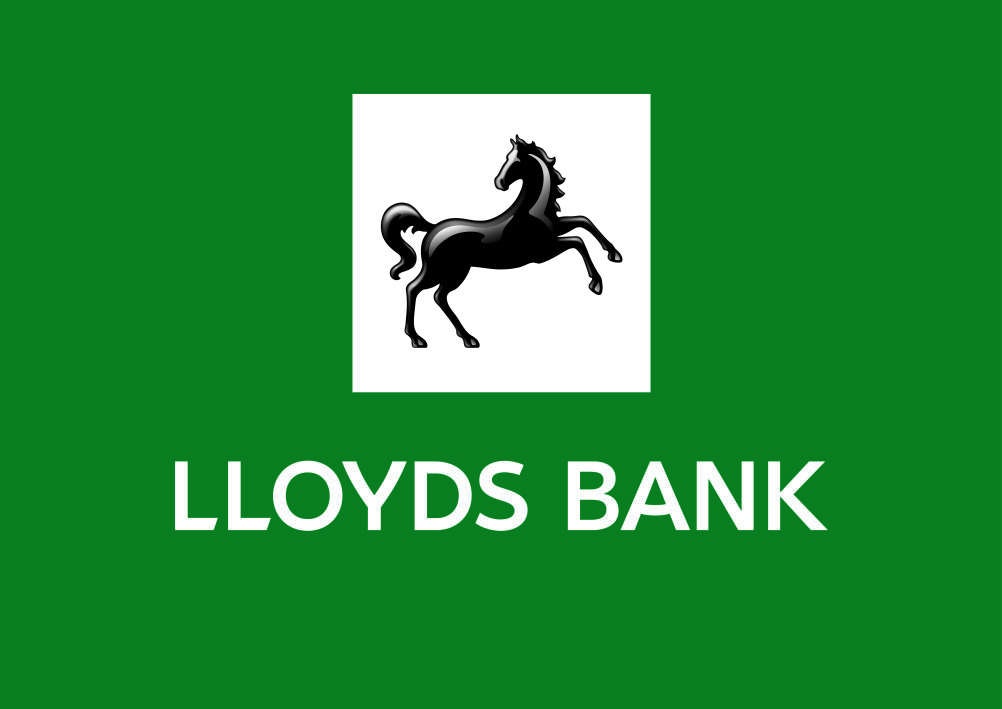
Lloyds Banking Group has partnered with cyber security start-up Callsign to improve digital identification process and combat frauds.
The collaboration will see the bank roll out Callsign platform across its core brands. The implementation will enable Lloyds to enhance digital identification and authentication of online payments, as required under soon-to-be-effective EU directives.

Access deeper industry intelligence
Experience unmatched clarity with a single platform that combines unique data, AI, and human expertise.
Callsign technology utilises multiple real-time data points to authenticate a valid user. It also combines multi-factor authentication to approve a transaction.
Callsign CEO and founder Zia Hayat said: “We have already built a brilliant foundation with Lloyds Banking Group and I am thrilled at the prospect of continuing our working relationship.
“Our solution will enable the bank to go even further in maintaining a premium customer experience when it comes to identification, traditionally a challenging thing to achieve.”
Lloyds, which houses Halifax, Bank of Scotland and Scottish Widows, has 15 million online customers. Around nine million of its customers use mobile banking app.

US Tariffs are shifting - will you react or anticipate?
Don’t let policy changes catch you off guard. Stay proactive with real-time data and expert analysis.
By GlobalDataThe group will invest £3bn on technological upgrades over the next few years.
Last month, Lloyds Banking Group launched an open banking app that enables customers to check their savings and credit card accounts from other service providers.
Currently, the service can be availed by the customers of its sister brands Lloyds Bank, Halifax and Bank of Scotland.
The group’s Q1 2019 statutory profit after tax soared 2% to £1.2bn from the year ago quarter. Total revenue also increased by 2% y-o-y to £4.4bn.







